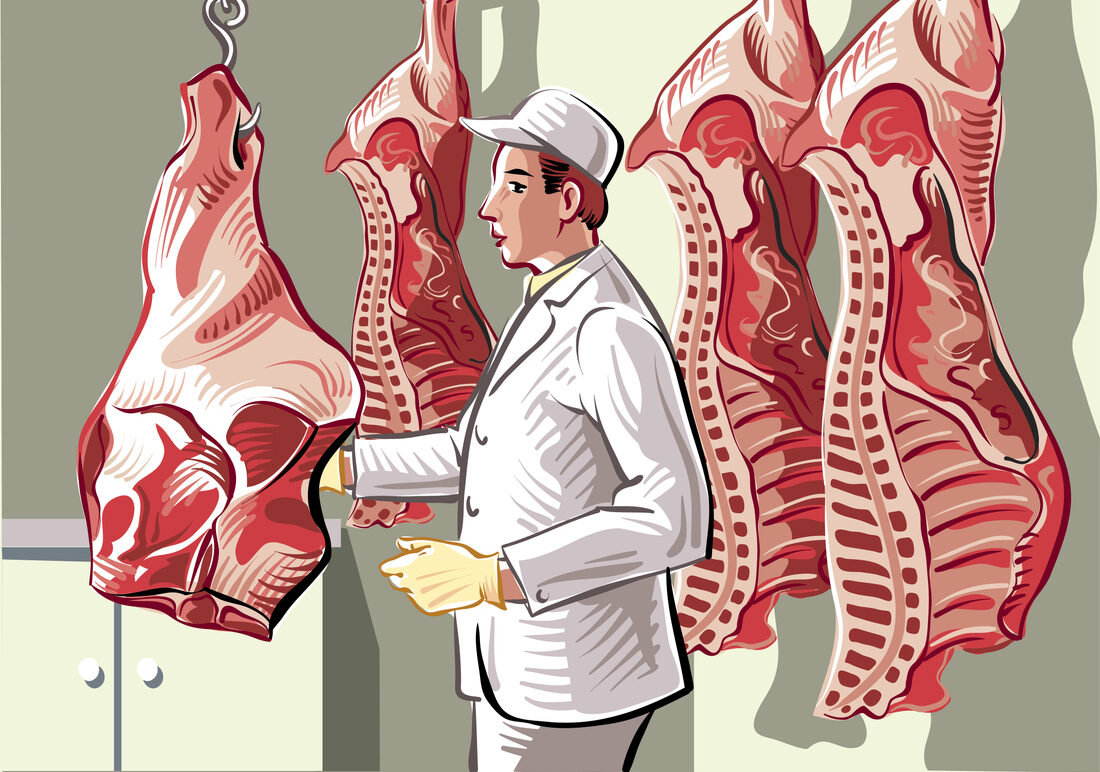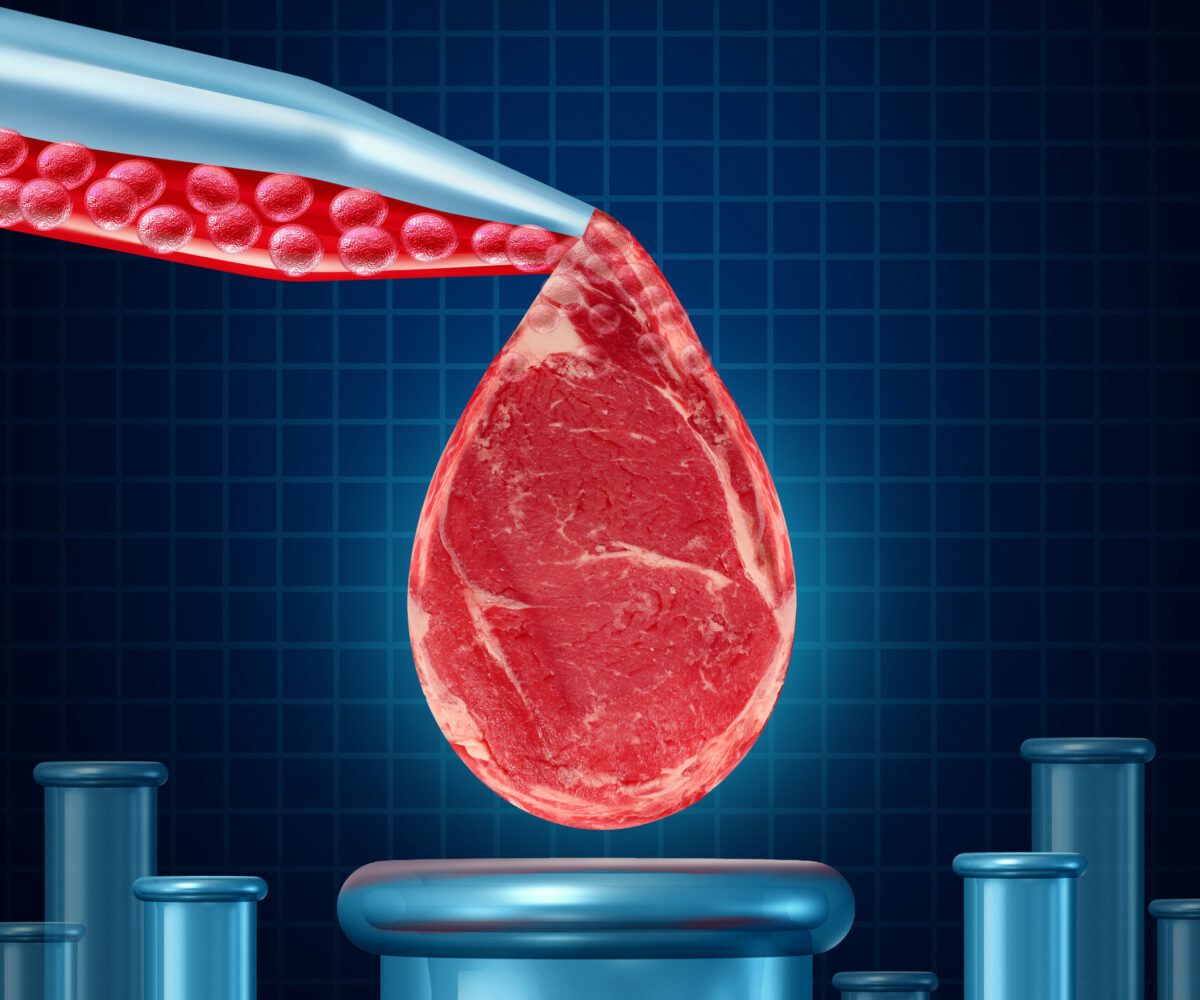Spain introduces new dietary guidelines recommending limited meat consumption

Spaniards are being encouraged to limit their consumption of meat to a maximum of three portions a week, as per new healthy and sustainable dietary guidelines published by Spain’s Agency for Food Safety and Nutrition (AESAN).
Recommendations in the report include prioritising plant-based over animal-derived produce for main sources of protein. Meanwhile, foods like legumes should make up one protein portion in main meals everyday.
Adopting these suggestions could help to improve both human health and the environment, says the AESAN.
Spain not only has the highest consumption of red meat in Europe, but also one of the highest incidences of child obesity.
“The Scientific Committee believes that the adoption by the Spanish population of a varied and balanced diet, healthy and sustainable, can improve their health and well-being, while reducing the environmental impact”, the report says.
The AESAN also recommends consuming foods in line with the Mediterranean diet pattern – typically characterised by plenty of wholegrains, vegetables, legumes, fruits, nuts, seeds, and unsaturated fats like extra virgin olive oil. It also recommends consuming a moderate amount of poultry, eggs, and dairy, and avoiding ultra-processed foods and red meat altogether.
When it comes to fish, the guidelines suggest eating three or more servings a week, prioritising ‘blue fish’ types, also known as oily fish, such as, anchovies, mackerel, sardine, turbot, eel or trout, and species that have a low environmental impact.
The committee also encourages consumption of no more than four eggs per week, as well as three servings of dairy products a day, ideally low in added sugar and salt. It stresses, however, that because dairy has a high environmental impact, if other animal-derived foods are already consumed regularly during the week, the number of dairy products consumed should be limited further.
News of Spain encouraging citizens to consume fewer animal products follows similar action in neighbouring France. In 2021, the French government introduced new policies to reduce meat consumption through the Climate and Resilience Bill, making it obligatory for schools to offer one vegetarian menu all week and for all state-run canteens in government buildings and universities to provide one daily vegetarian option.
Following the release of these new guidelines, Plant-based Food Alliance UK has encouraged the country to follow Spain by example.
“This represents a welcome breakthrough in Spain in the approach to dietary recommendations and the UK should look to follow suit,” said Marisa Heath, Alliance Chief Executive Officer at Plant-based Food Alliance UK. “There is an urgent need to shift to a more plant-based diet for health reasons but also because our failure to do so leads us closer to ecosystem collapse.”
Whilst current dietary guidelines in the UK’s Eatwell Guide encourage people to limit their consumption of meat, they still allow for an intake of up to 70g of red and processed meat a day.
Heath added: “It is widely known that animal-based foods emit twice as much greenhouse gases as plant-based foods and the UK Government needs to act decisively on this to encourage a shift to plant-based diets”.
The UK is not alone in failing to push citizens to follow healthier diets with a low environmental impact. New research led by the World Health Organisation (WHO) and Universitat Oberta de Catalunya (UOC) in Spain shows only 20% of European food-based dietary guidelines currently incorporate food sustainability.
Researchers have called for a multi-stakeholder approach to ameliorate this situation, which includes developing new eating guidelines that can help Europe progress towards a healthier and more sustainable food system.
The report underlines a plant-based diet as being the healthiest and most sustainable. This is because these foods tend to produce lower greenhouse gas emissions and don’t require as much water, land, nitrogen and phosphorus to be produced, according to Anna Bach Faig, one of the lead researchers on the project and Professor in the Faculty of Health and Sciences at UOC.
“What we put on our plates is so important. For health reasons, and environmental ones, too, we simply can’t continue with the current production and consumption model”, she added.








